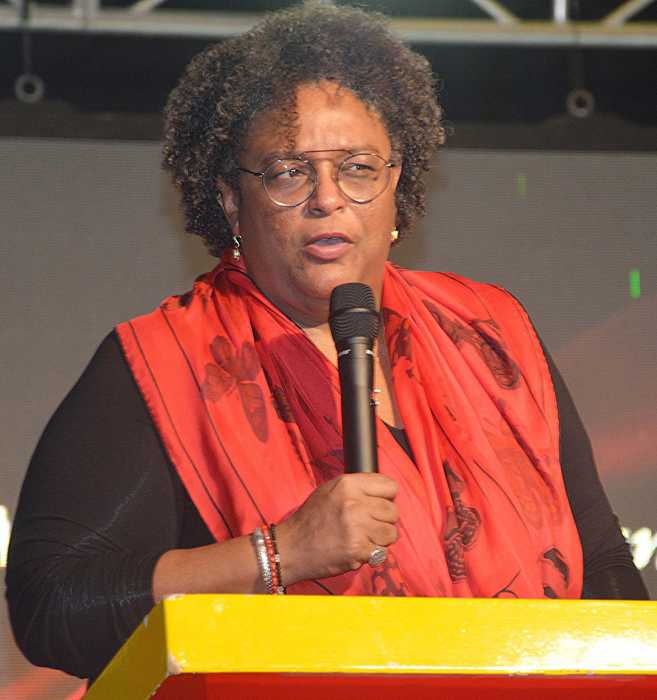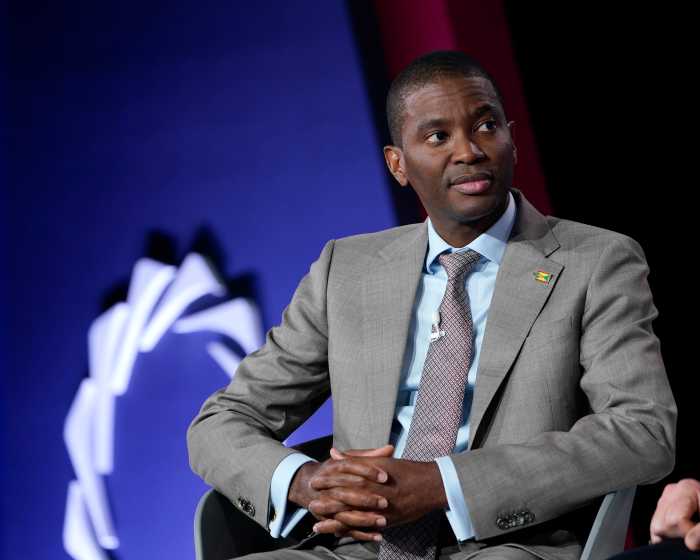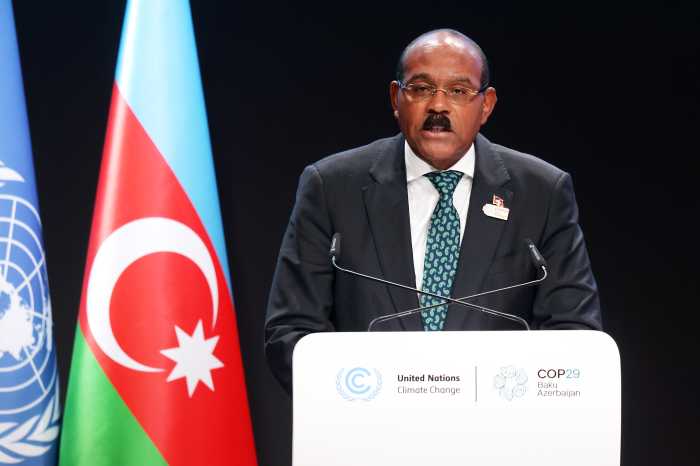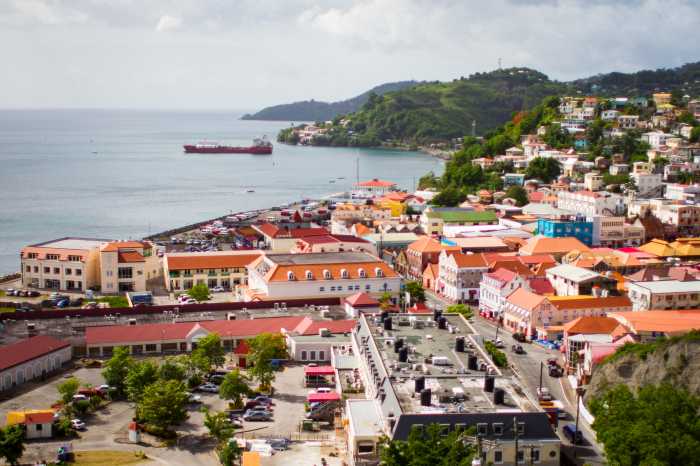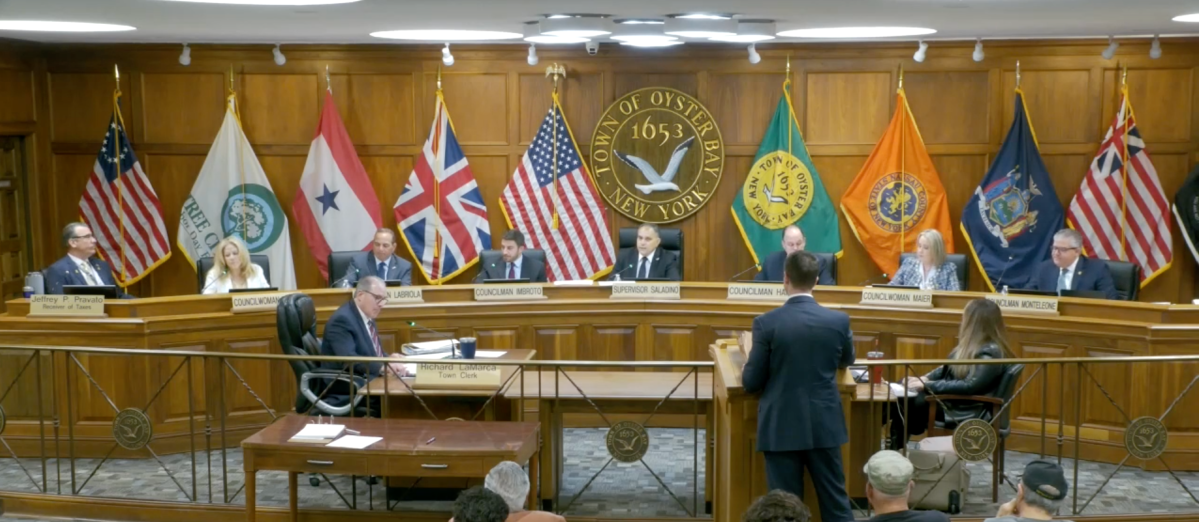Antigua
Antigua and Barbuda is expected to benefit from the largest renewable energy initiative of its kind in the Caribbean region in the form of $5.7 million to build a modern, climate-resilient, safe, reliable and sustainable supply of electrical power for Barbuda in the wake of Hurricane Irma, which destroyed about 95 percent of the island on Sept. 6, 2017 and forced all 1,800 residents to be evacuated to Antigua.
In that respect, the UAE- Caribbean Renewable Energy Fund (UAE-CREF) has put $3.5 million during the first round of funding in 2017, in addition to $700,000 in humanitarian funding which the UAE provided to Antigua and Barbuda after Hurricane Irma in 2017.
The UAE-CREF recently announced the partnership with the government of Antigua and Barbuda’s Ministry of Public Utilities, Civil Aviation, Transport and Energy, the CARICOM Development Fund (CDF) and the New Zealand Ministry of Foreign Affairs and Trade to restore power to Barbuda following the near-total destruction of the island after Hurricane Irma struck in September 2017.
The government of Antigua and Barbuda also put forth $1 million through the CDF, and the government of New Zealand donated $500,000 to aid in funding the project and building a hybrid solar-diesel power station equipped with hurricane-resilient battery storage.
Bahamas
The Pan American Health Organization (PAHO) has sent Emergency Medical teams to focus on the clinical care to save the lives of persons who survived Hurricane Dorian and keeping them safe.
PAHO’s representative in The Bahamas, Dr. Esther de Gourville said it is a desperate situation for some persons in Abaco.
She said PAHO was working with The Bahamas Ministry of Health and emergency teams to help those who survived secure food supplies, safe drinking water and sanitation.
She said assessment of needs had begun and a structures expert was looking at damaged health facilities.
PAHO said it has pledged health sector infrastructure and public health support and is acting quickly with the support of The Bahamas Ministry of Health to assess needs and damage assessments.
It has also established and Incident Management System in its country office.
With the many health centers flooded and unable to receive patients, a full hospital-capable emergency medical team from Samaritans Purse has arrived in the Bahamas for a three-month stay.
The team includes six doctors and two surgeons, 16 nurses, two anesthesiologists, allied health personnel, and logistics and management staff.
Another emergency medical team from Team Rubicon has been deployed to Abaco for a 15-day mission.
Barbados
Barbadian Prime Minister, Mia Mottley has called on the national community for the political will, as well as a multilateral approach, to deal with the impact of climate change.
She also said that new institutional structures are needed that will allow more substantial resources to be raised for Small Island Developing States (SIDS) in building resilience in a changing global environment.
Mottley, who was at the time delivering the United Nations Conference on Trade and Development (UNCTAD) 16th Prebisch Lecture in Geneva, Switzerland.
She said there was no need for a moral obligation to deal with the existential threat of climate change as had been the case when the global community stood up against colonialism, slavery, the insidious threats of terrorism and other issues.
She asked when will the political will be formed within countries and across international institutions to do what is right to create a policy space?’
Mottley, the first Caribbean leader to deliver the Prebisch Lecture, said the policy flexibility will often be of minimal cost to the developed world in terms of the market access they grant, but will give opportunities and may even have tremendous transformative effect for us in the developing world.
She noted that countries cannot sign up to international treaties, charters, commitments and declarations and then treat them as if they are not meaningful or real, adding they can only apply to others or when it is not inconvenient to the powerful, if they are treated as hollow documents.
The Barbadian PM said the reform of the international institutions, not just the international institutions but also the wider UN system, is a task must be completed.
Grenada
Stakeholders in the public and private sectors recently received training in anti-money laundering and counterterrorism financing processes, in preparation for Grenada’s Mutual Evaluation Review next year.
The three-day training is intended to foster a greater understanding of the technical issues associated with the mutual evaluation, which is, scheduled for June 2020.
It will determine Grenada’s technical / legislative compliance and effectiveness with the FATF’s 40 recommendations which focus on anti-money laundering, countering the financing of terrorism and the proliferation of weapons of mass destruction.
Prime Minister and Minister of National Security, Dr. Keith Mitchell told participants at the training that Grenada is committed to ensure adherence to international standards to combat money laundering and terrorism financing.
He said through the years, Grenada has made significant strides in ensuring that the legislative regime is robust, current and in keeping with international standards and serves adequately as the primary tool in the fight against these crimes.
Mitchell also cited the passage of various pieces of legislation as also being indicative of government’s commitment to anti-money laundering.
Guyana
Guyana Department of Tourism and Ministry of Agriculture recently launched the country’s first agri-tourism expo and business forum that will be held from Oct. 21 to Nov. 2.
Agriculture Minister Noel Holder said Guyana agri-tourism is a category that needs to be exploited, to be branded as a unique product from Guyana adding that it is sustainable tourism program that promises a win-win outcome.
He said, already the Guyana Sugar Corporation (Guysco) has begun branching into agri-tourism with their cultural and heritage tourism product, where visitors are given a first-hand experience of sugar estate operations such as Uitvlgut Estate in Demerara, Albion Estate in Berbice and plans for a Sugar Museum and a sugar heritage park.
Jamaica
The Jamaican government is urging nationals who work or travel overseas, to register with the country’s missions so that they can easily be located in the event of an emergency.
FJamaica’s Minister of Foreign Affairs, Kamina Johnson, who was speaking in the Senate in the aftermath of the recent devastation of several islands in The Bahamas by Hurricane Dorian, said efforts are continuing to reach the estimated 8,000 Jamaicans in the country.
“When you travel, register at the missions of Jamaica in the country where you are either travelling or working. Register with the honorary consul, the embassy or high commission, so they know you are there,” she said.
The minister said the government is looking at creating a formal template and to work with Caribbean airlines and travel agents, to help outgoing persons to be more conscious because whenever there is a national disaster, the ability to make contact with nationals is very important.
Trinidad
The Trinidad and Tobago government has agreed to sell Patriotic Energies and Technologies Company Ltd PETCL — a company wholly owned by the Oilfield Workers’ Trade Union (OWTU) — as the preferred bidder for the US$700 million sale of Petrotrin’s refinery.
The announcement of the sale was made by Finance Minister Colm Imbert in Parliament last week.
Imbert said following Petrotrin’s closure last year, the government has indicated its intention to offer for sale or lease of the refinery and associated fuel trading facilities through two stages.
The first stage attracted 77 expressions of interests.
Of the 77 potential bidders, 25 were selected to sign non-disclosure agreements, which were narrowed down to eight submitting non-binding offers.
At the close of the bids on Aug. 20, 2019, Beowulf Energy, Klesh and PETCL submitted compliant binding offers for the purchase of lease of the refinery.
Imbert said PETCL was the only bidder that proposed “upfront cash of US$700 million for the refinery assets plus US$300 million for the non-core assets of legacy Petrotrin, for instance, the hospital.
He said Cabinet agreed to select PETCL, a company wholly owned by the OWTU, as the preferred bidder for the sale of the Guaracara Refining Company Ltd. and Paria Fuel Trading Company Ltd. on terms.
Last August the government closed the 101-year-old refinery and more than 5,000 workers were put on the breadline.
It was reported that Petrotrin lost over TT$8 billion over the past five years.
— compiled by Azad Ali


